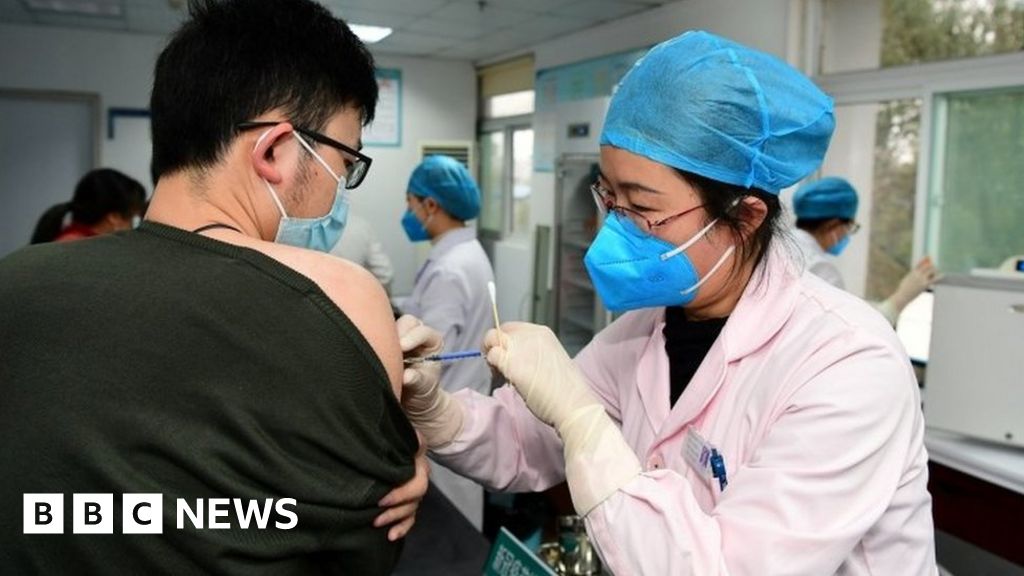It looks like you don't see a difference between "business as usual" and "this is an emergency" modes of operations.
I'll give you an example. Your house is on fire. You call 911 and firefighters arrive. Then you and the head of the firefighters team are getting engaged in a lively negotiation session.
He says: "I think it your house is going to burn to the ground."
You say: "Oh, noes! Maybe just a couple of rooms that are already in flames?"
And he says: "How much do you want to bet on this?"
And then you both consider other possible outcomes and amounts of respective bets. Like "How much would it be for only the top floor to be destroyed by fire, etc."
If you don't manage to get into an agreement soon enough, his original bet would happen to be correct and the firefighters just leave.
Believe me or not, this is a standard practice in certain places.
According to your logic, this is justifiable. He is just trying to maximize the business profit, right?

/wion/media/agency_attachments/2024/12/13/2024-12-13t071602220z-wionfavicom.webp) www.wionews.com
www.wionews.com

